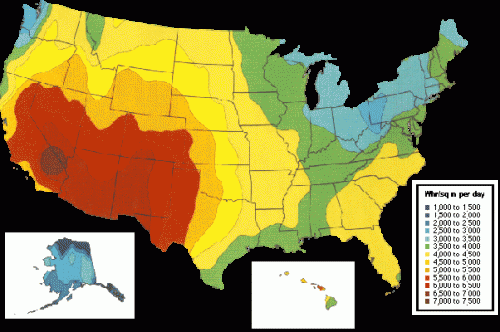We Are All Lukewarmers Now
Matt Ridley has another very good editorial in the WSJ that again does a great job of outlining what I think of as the core skeptic position. Read the whole thing, but a few excerpts:
The United Nations' Intergovernmental Panel on Climate Change will shortly publish the second part of its latest report, on the likely impact of climate change. Government representatives are meeting with scientists in Japan to sex up—sorry, rewrite—a summary of the scientists' accounts of storms, droughts and diseases to come. But the actual report, known as AR5-WGII, is less frightening than its predecessor seven years ago.
The 2007 report was riddled with errors about Himalayan glaciers, the Amazon rain forest, African agriculture, water shortages and other matters, all of which erred in the direction of alarm. This led to a critical appraisal of the report-writing process from a council of national science academies, some of whose recommendations were simply ignored.
Others, however, hit home. According to leaks, this time the full report is much more cautious and vague about worsening cyclones, changes in rainfall, climate-change refugees, and the overall cost of global warming.
It puts the overall cost at less than 2% of GDP for a 2.5 degrees Centigrade (or 4.5 degrees Fahrenheit) temperature increase during this century. This is vastly less than the much heralded prediction of Lord Stern, who said climate change would cost 5%-20% of world GDP in his influential 2006 report for the British government.
It is certainly a strange branch of science where major reports omit a conclusion because that conclusion is not what they wanted to see
The IPCC's September 2013 report abandoned any attempt to estimate the most likely "sensitivity" of the climate to a doubling of atmospheric carbon dioxide. The explanation, buried in a technical summary not published until January, is that "estimates derived from observed climate change tend to best fit the observed surface and ocean warming for [sensitivity] values in the lower part of the likely range." Translation: The data suggest we probably face less warming than the models indicate, but we would rather not say so.
Readers of this site will recognize this statement
None of this contradicts basic physics. Doubling carbon dioxide cannot on its own generate more than about 1.1C (2F) of warming, however long it takes. All the putative warming above that level would come from amplifying factors, chiefly related to water vapor and clouds. The net effect of these factors is the subject of contentious debate.
I have reluctantly accepted the lukewarmer title, though I think it is a bit lame.
In climate science, the real debate has never been between "deniers" and the rest, but between "lukewarmers," who think man-made climate change is real but fairly harmless, and those who think the future is alarming. Scientists like Judith Curry of the Georgia Institute of Technology and Richard Lindzen of MIT have moved steadily toward lukewarm views in recent years.
When I make presentations, I like to start with the following (because it gets everyone's attention): "Yes, I am a denier. But to say 'denier', implies that one is denying some specific proposition. What is that proposition? It can't be 'global warming' because propositions need verbs, otherwise it is like saying one denies weather. I don't deny that the world has warmed over the last century. I don't deny that natural factors play a role in this (though many alarmists seem to). I don't even deny that man has contributed incrementally to this warming. What I deny is the catastrophe. Specifically, I deny that man's CO2 will warm the Earth enough to create a catastrophe. I define "catastrophe" as an outcome where the costs of immediately reducing CO2 output with the associated loss in economic growth would be substantially less than the cost of future adaption and abatement. "

